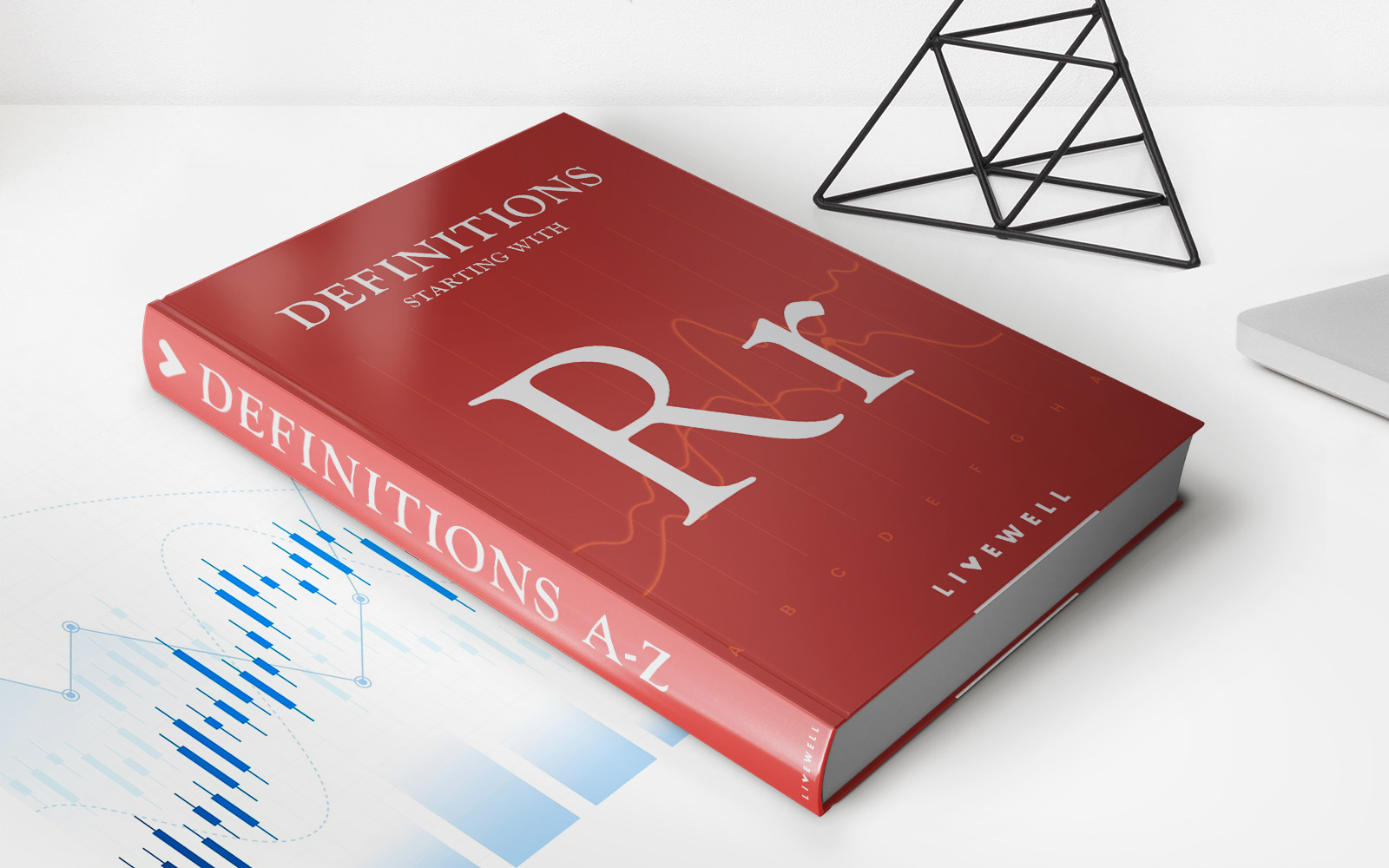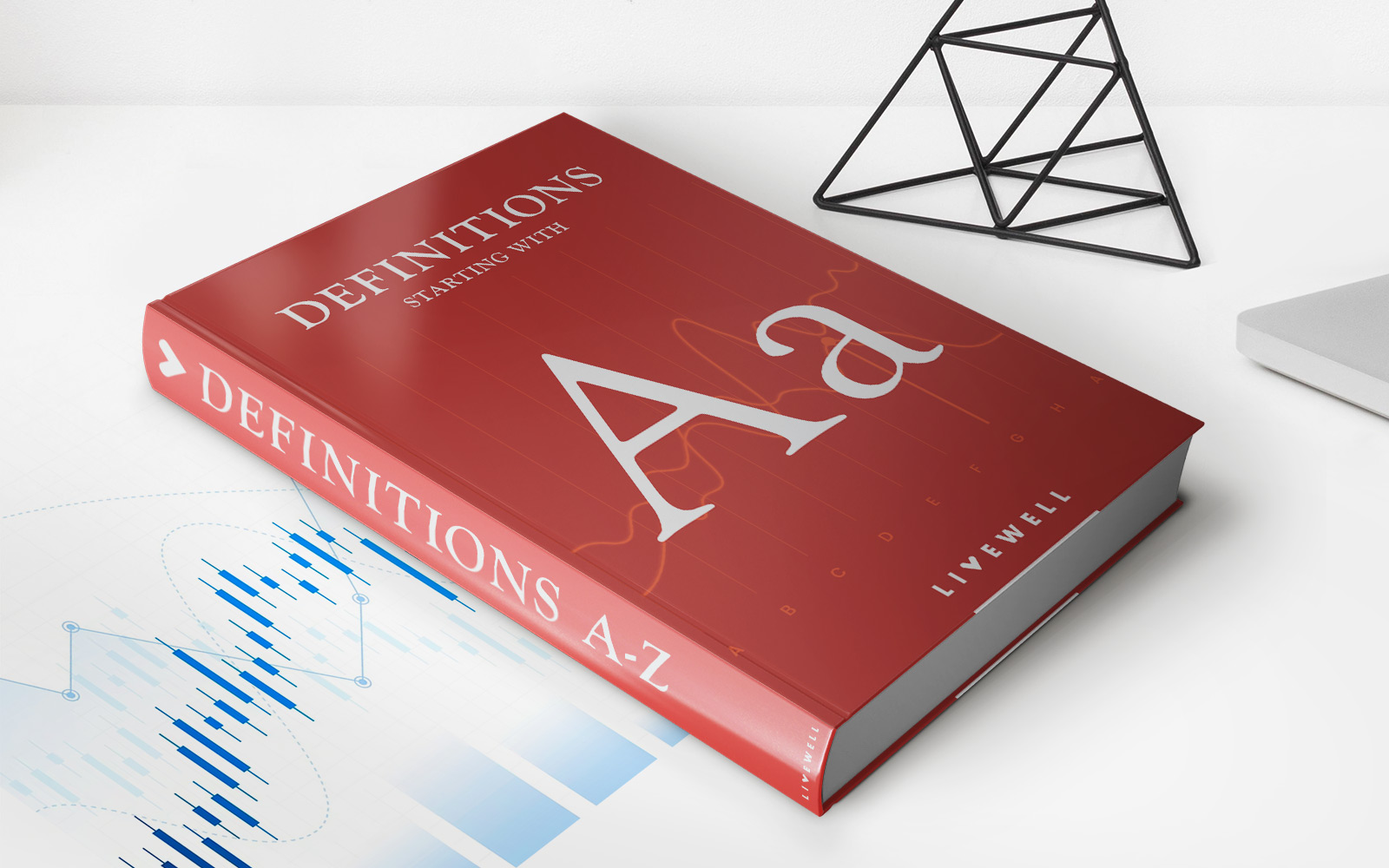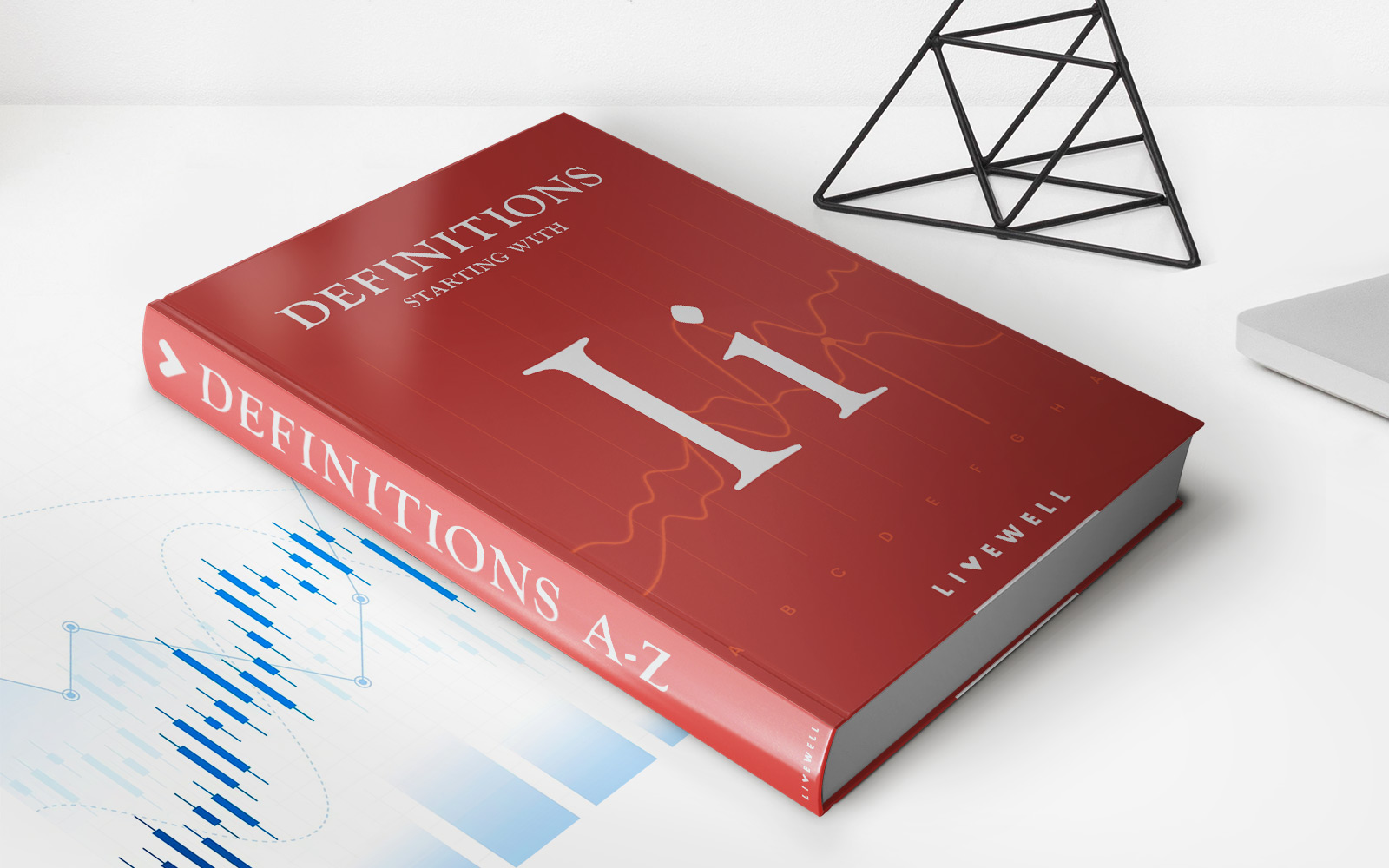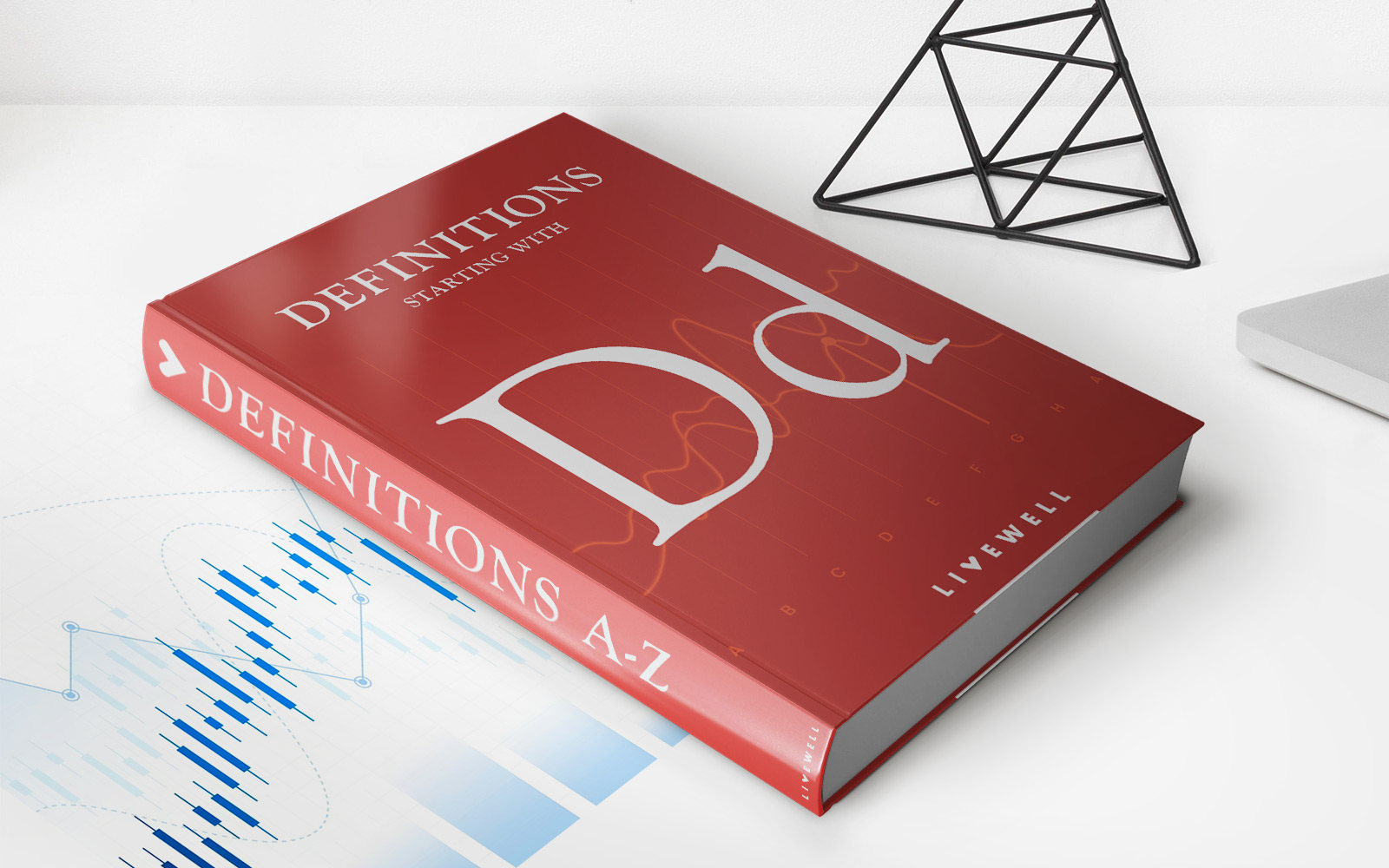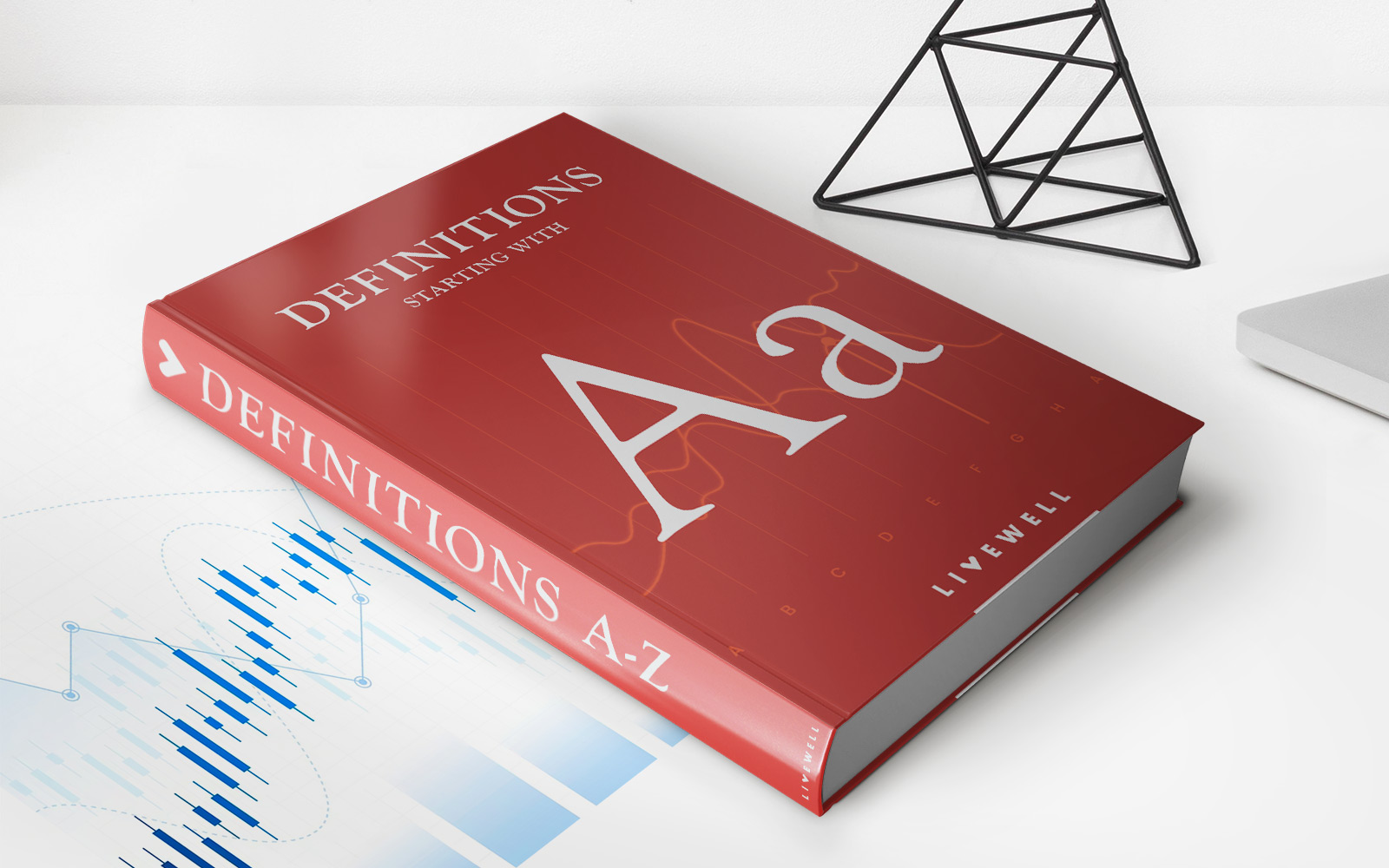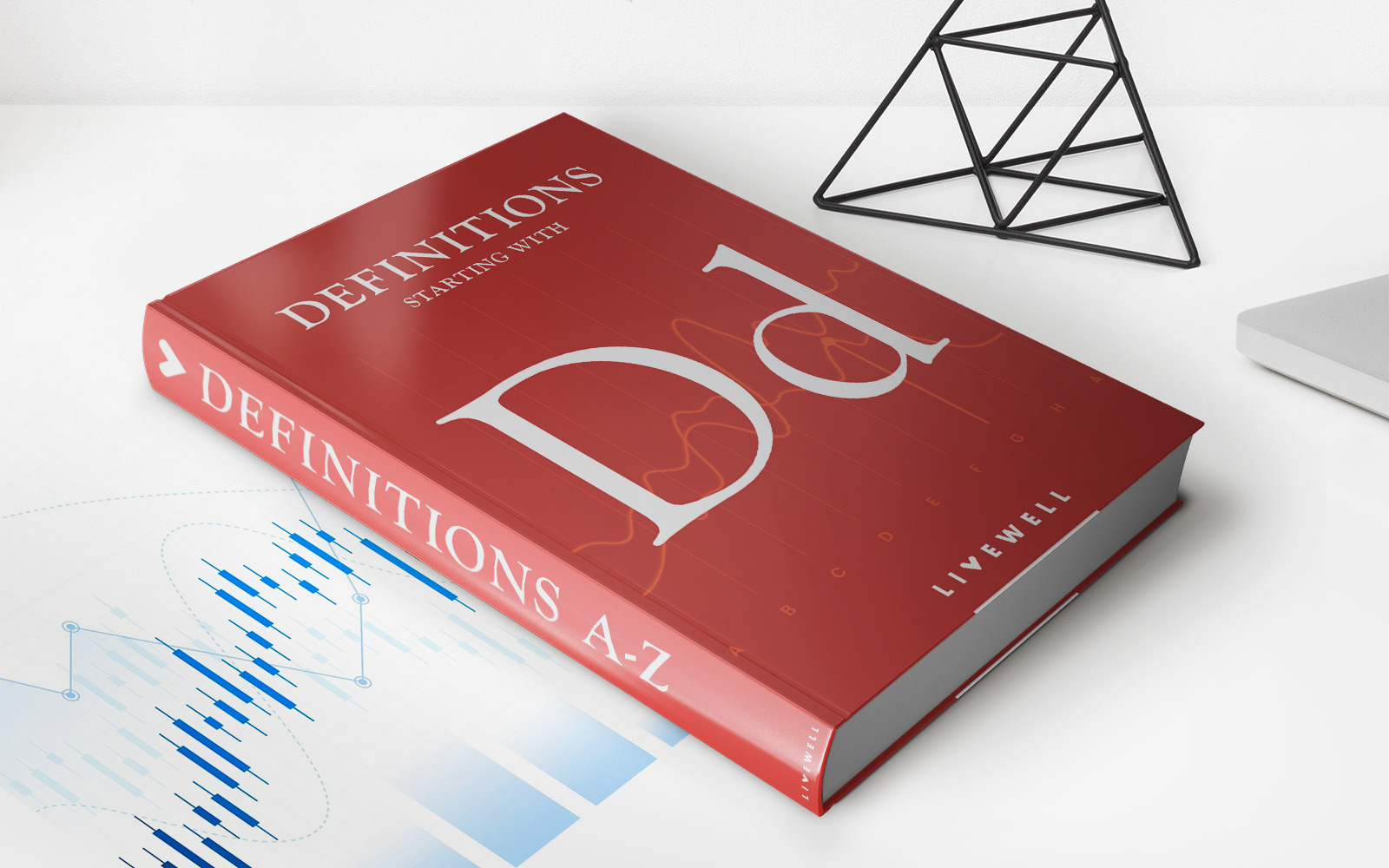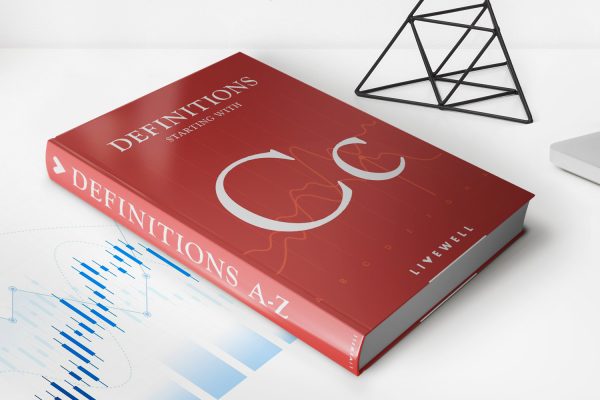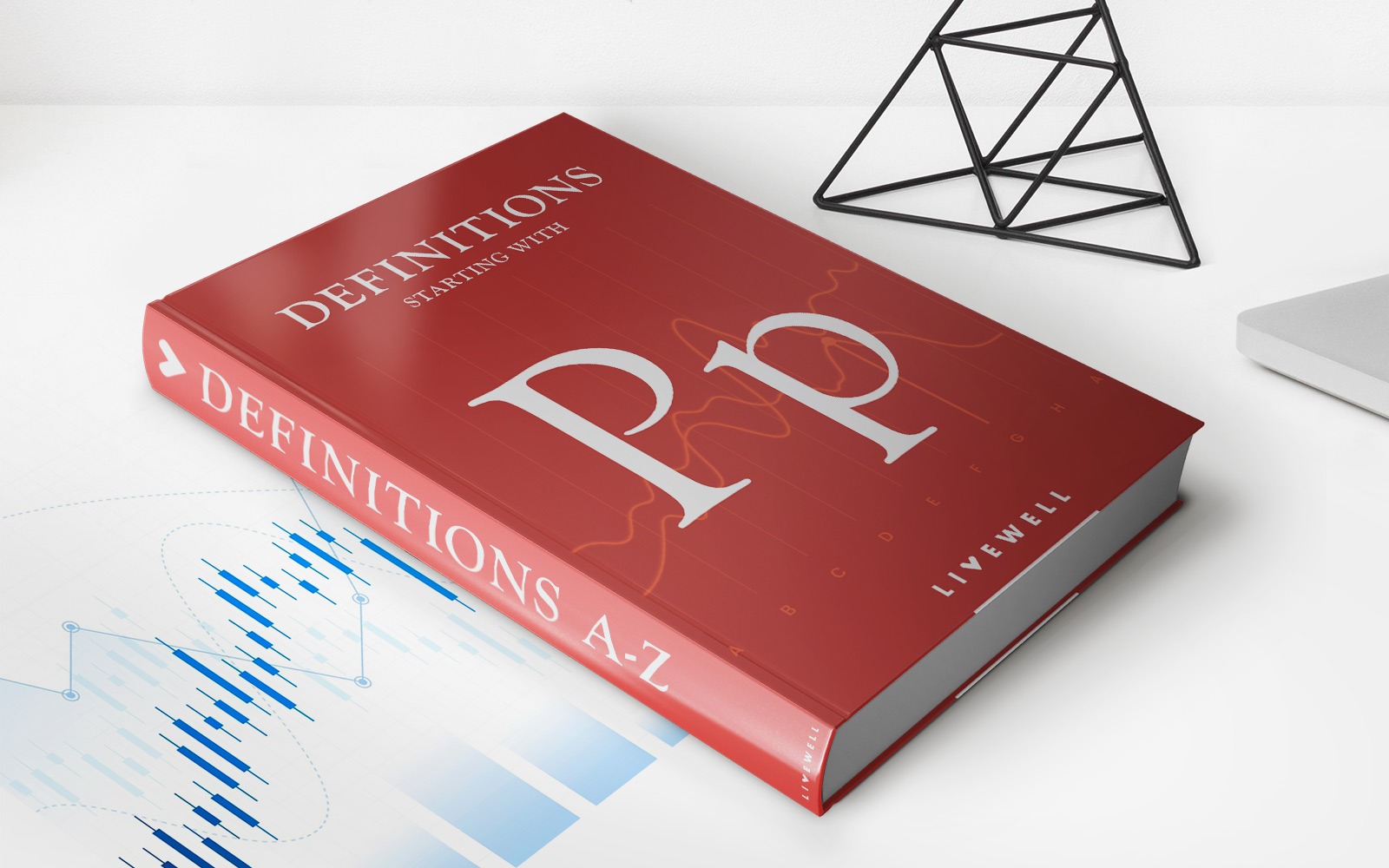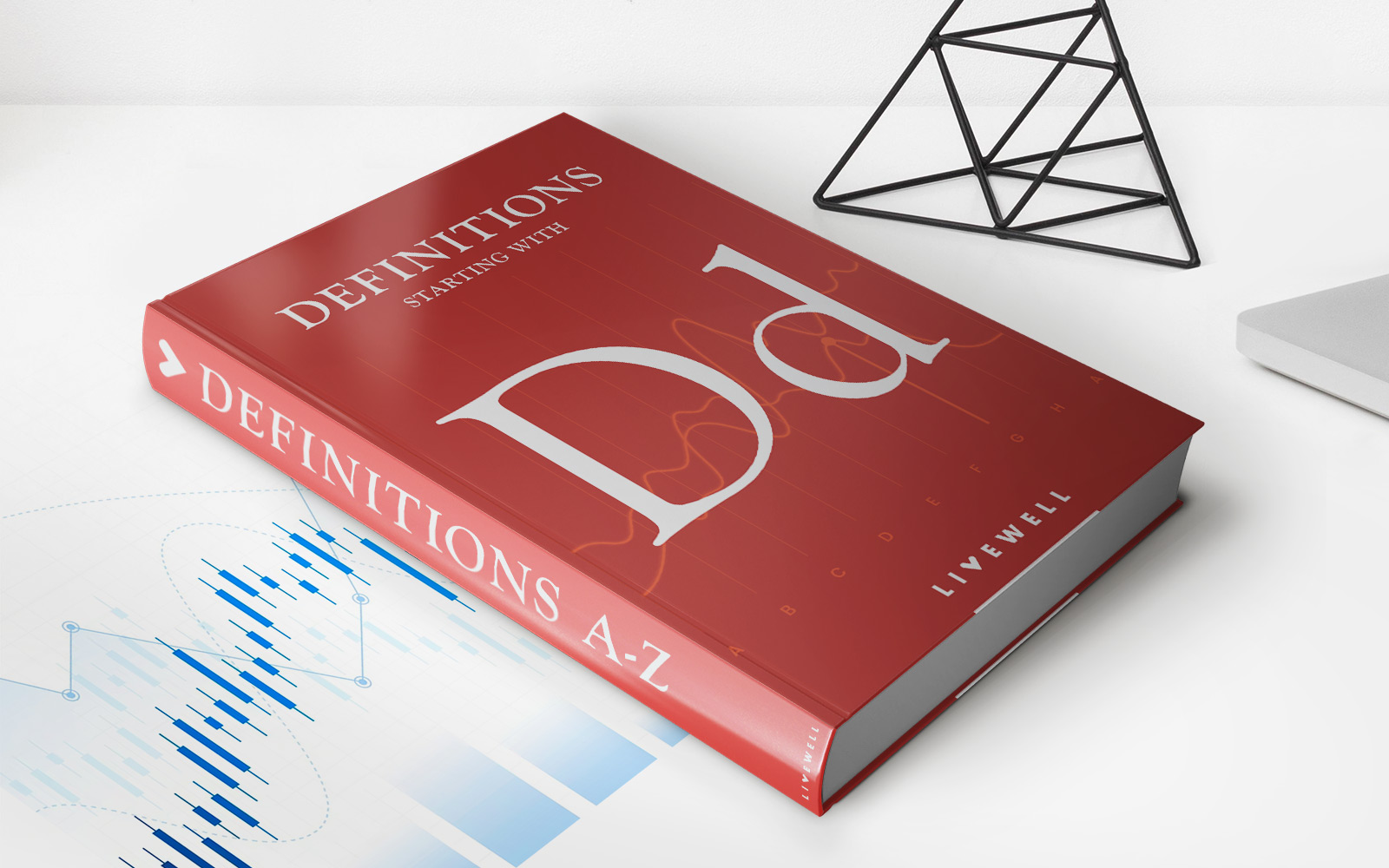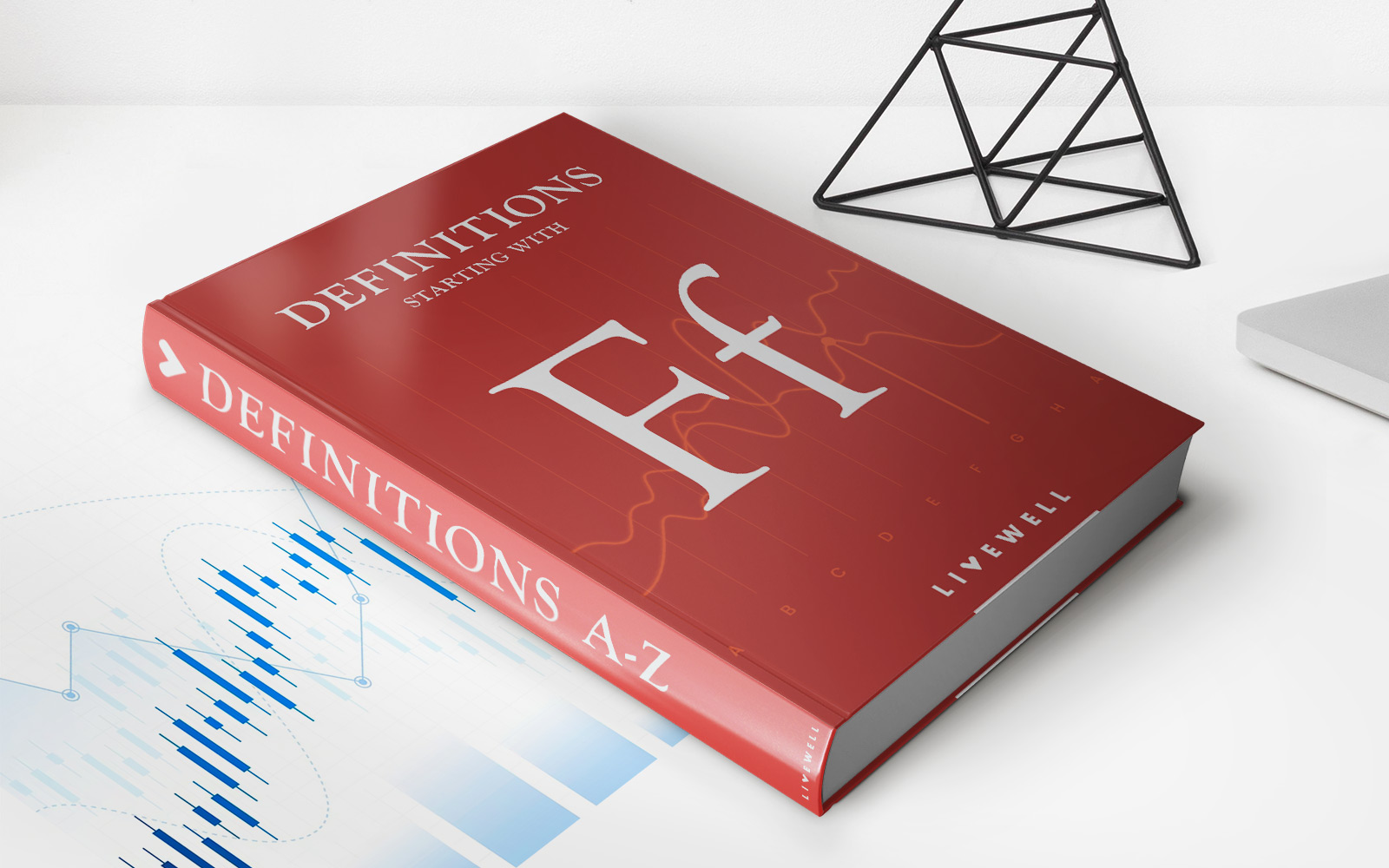Home>Finance>Consequential Loss: Definition, Insurance, Vs. Direct Loss
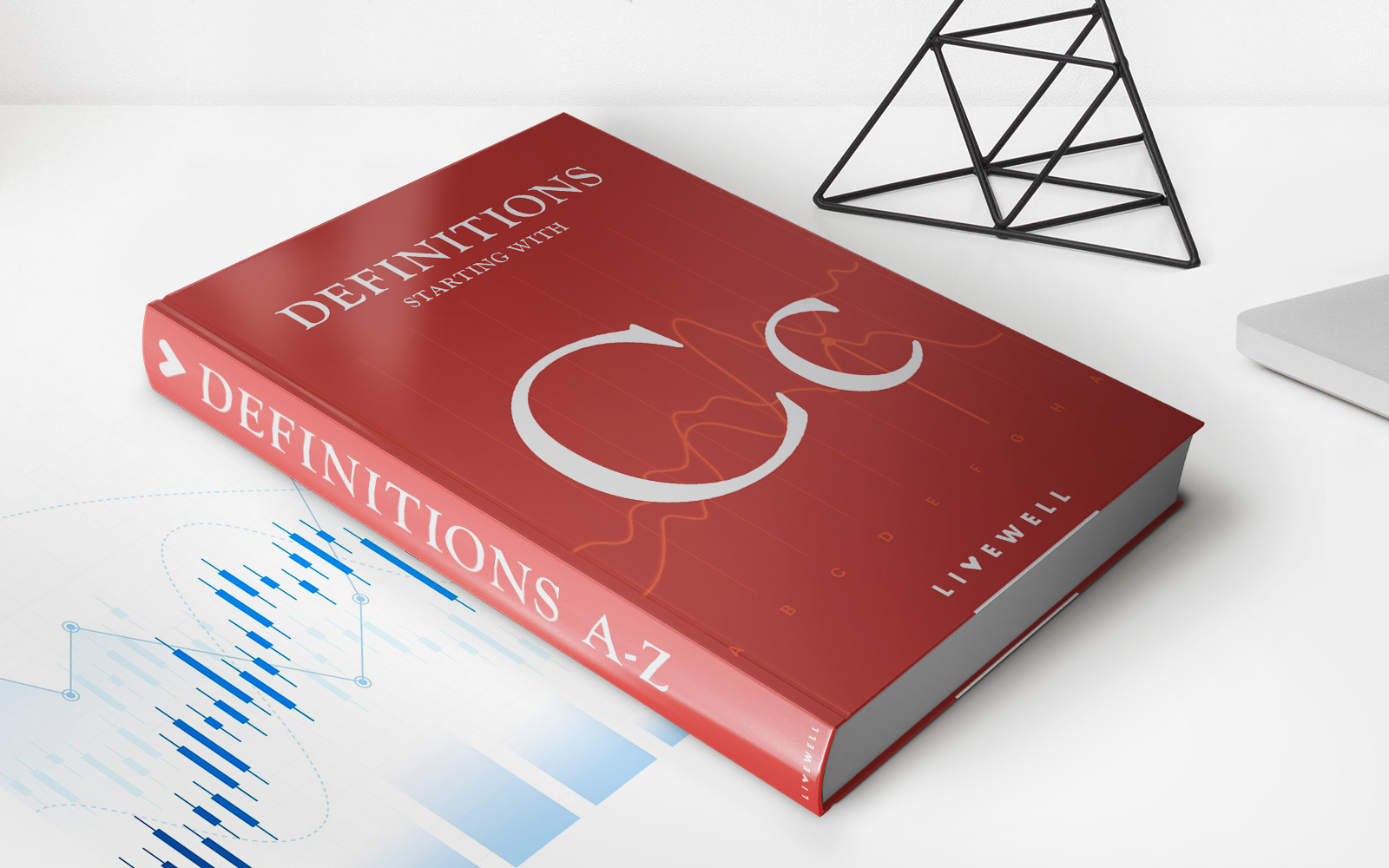

Finance
Consequential Loss: Definition, Insurance, Vs. Direct Loss
Published: November 1, 2023
Learn the definition of consequential loss in finance and how it differs from direct loss. Explore the importance of insurance coverage for consequential losses.
(Many of the links in this article redirect to a specific reviewed product. Your purchase of these products through affiliate links helps to generate commission for LiveWell, at no extra cost. Learn more)
The importance of understanding Consequential Loss in insurance
When it comes to insurance, there are different types of losses that can occur. One of the most complex and often misunderstood types is consequential loss. If you’re not familiar with this term, don’t worry – we’re here to help. In this blog post, we will define consequential loss, explain how it differs from direct loss, and shed light on its significance in the realm of insurance.
Key Takeaways:
- Consequential loss is an indirect loss that occurs as a consequence of a direct loss.
- Understanding consequential loss is crucial for individuals and businesses as it can greatly impact the extent of coverage provided by insurance policies.
Defining Consequential Loss
Let’s start by defining consequential loss. In simple terms, consequential loss refers to the indirect loss or damage that occurs as a consequence of a direct loss. For example, if a business experiences a fire (direct loss), the subsequent loss of income due to business interruption would be considered a consequential loss.
Unlike direct loss, which refers to the immediate damage or destruction that happens in an insured event, consequential loss is derived from the impact of the initial loss. It is often not immediately apparent and requires careful assessment to determine the full extent of the loss incurred.
Consequential loss can affect various aspects of an individual’s or a business’s financial well-being, including lost profits, additional expenses incurred to mitigate the impact of the direct loss, and loss of reputation.
Consequential Loss vs. Direct Loss
It’s crucial to differentiate between consequential loss and direct loss to understand their implications in insurance coverage. Here are the key differences:
Direct Loss:
- Immediate and tangible
- Affected property or assets are directly damaged or destroyed
- Easily identified and quantified
- Typically covered by basic insurance policies such as property insurance
Consequential Loss:
- Indirect and derived from a direct loss
- Covers the financial impact or losses resulting from the direct loss
- May require a more thorough investigation to determine the full extent of the loss
- Often necessitates additional coverage, such as business interruption insurance
The Significance of Consequential Loss in Insurance
Understanding consequential loss is vital for individuals and businesses seeking appropriate insurance coverage. By comprehending the potential financial impact of both direct and consequential losses, you can make informed decisions about the coverage you need.
Here are a couple of key reasons why consequential loss matters in the world of insurance:
1. Coverage Adequacy: When purchasing insurance, it’s important to ensure that your policy adequately covers both direct and consequential losses. By assessing the potential risks and taking consequential loss into account, you can select appropriate coverage to safeguard your financial interests.
2. Business Continuity: For businesses, consequential loss can have a significant impact on their ability to operate and generate revenue. Having appropriate coverage, such as business interruption insurance, can provide financial assistance in times of crisis, helping businesses survive and recover from direct losses.
In conclusion, consequential loss is a term that holds great significance when dealing with insurance policies. By understanding the difference between direct and consequential loss, you can make informed choices about the coverage you need to protect your financial interests. Remember, insurance should not just cover the immediate loss, but also the potential financial impact that follows. So, take the time to review your policy and ensure you have the appropriate coverage for both direct and consequential losses.

